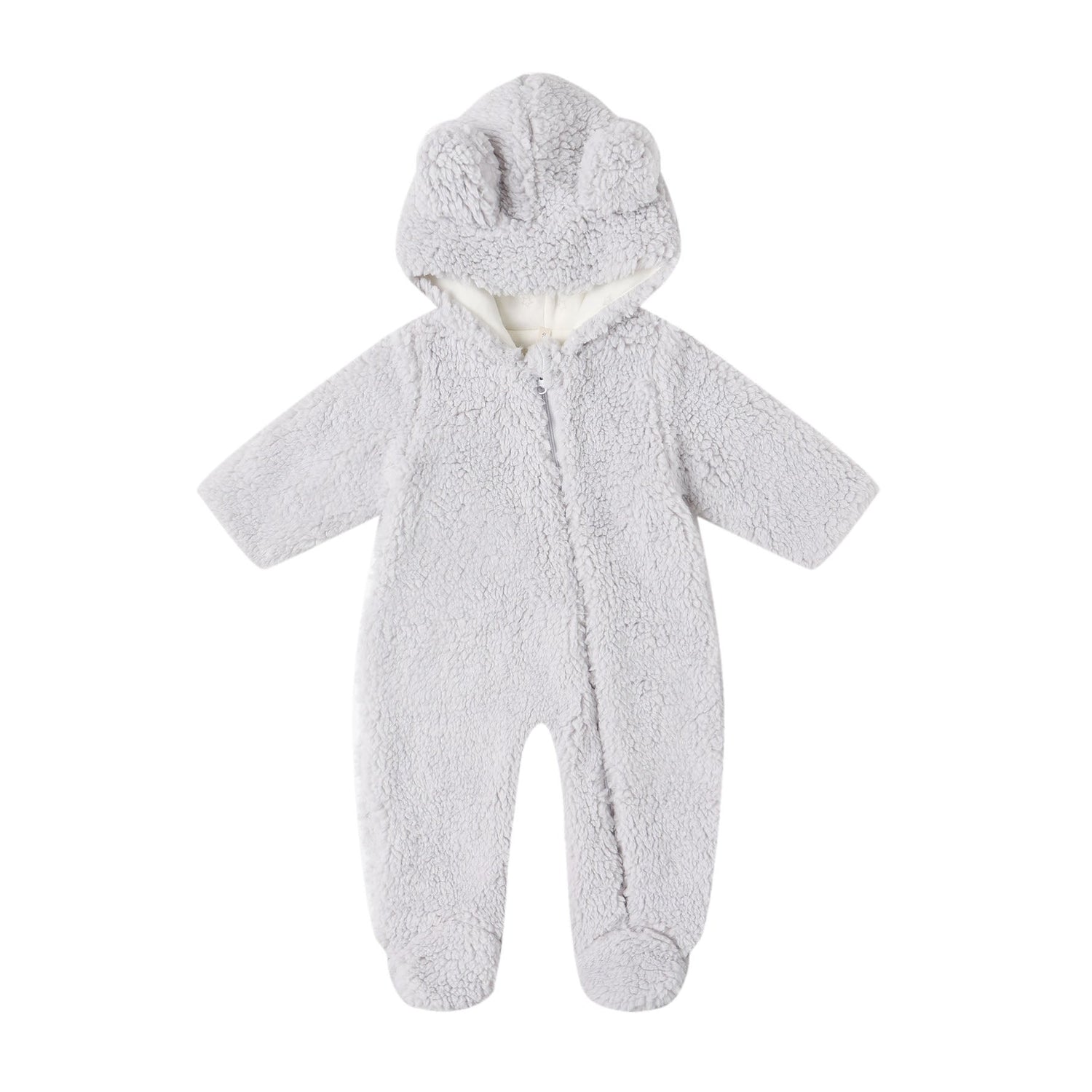Your baby is here: healthy and amazing. But, instead of celebrating with everyone else, you feel empty, hurt, hopeless, or angry. You may not be able to get out of bed, but you can't sleep. Eating might be the only way to cope, or you might not have an appetite. Postpartum depression manifests in several different ways, but most women just admit to not feeling like their old selves.
Postpartum depression is not uncommon. Young moms, old moms, rich moms, poor moms--it affects everyone. This is a very real condition that countless women suffer from, but it is treatable. Maternal mental illness (often referred to by the umbrella term of Postpartum Mood Disorders) encompasses a wide range of conditions from postpartum depression to postpartum anxiety and OCD, or even PTSD and postpartum psychosis.
Fear, Fatigue, Anxiety, Anger
While knowing the specific psychiatric terms isn't necessarily life-saving, knowing the symptoms just might be. Here's how some women explained what postpartum depression and other postpartum mood disorders felt like to them, via Buzzfeed:- "I sometimes felt like I wanted to pick up a baseball bat and walk down the street smashing windshields."
- "Intense thoughts, and planning to run away, started along with the conflict of both loving and hating my daughter at the same time."
- "My husband would ask me what was wrong, and I would just shake my head, tears streaming down my face, and say, 'I don't know'."
- "I felt the rage build up inside of me, from the pit of my stomach all the way up to my shoulders until it exploded out of me. I screamed at my baby."
- "I could feel the ground fall from under me. Even with the opportunity to sleep, I stared into the darkness at night, and I knew that I was being swallowed by it."
- Confusion and fear
- Feeling guilt
- Feeling overwhelmed
- Feeling empty or a lack of emotion
- Feeling deeply sad
- Feeling like you're unable to bond with your baby
- Trouble eating or sleeping
- Feeling like you've "gone crazy"
- Unable to concentrate
- Racing thoughts
- Intrusive and disturbing thoughts
- Physical symptoms like nausea, headaches, cramps, etc.
You might be afraid to admit there's something wrong, or you could even feel that your problems "aren't that serious." But, if you feel like any of the above symptoms describe you, it's time to seek help. Admitting how hard early parenting is doesn't show weakness; it simply shows how much you care and want to do things the right way.
Seeking Help
1 in 5 women who have symptoms of a postpartum mood disorder don't seek help. Your OB, or provider, may ask about how you're feeling at your postpartum appointment. If you feel like you might need help, let them know. There's no shame in admitting that the hardest job in the world is, well, hard. At the same time, depression isn't something you can control or just "snap out of". Get the help you need, and know that help is available.
Whether the help you need comes in the form of therapy, medication, or a combination of the two, it doesn't matter. Because every mother deserves the chance to give her all. Let yourself get the help you need so you can be back at 100%.
Featured Image PC: @mamabufkin






